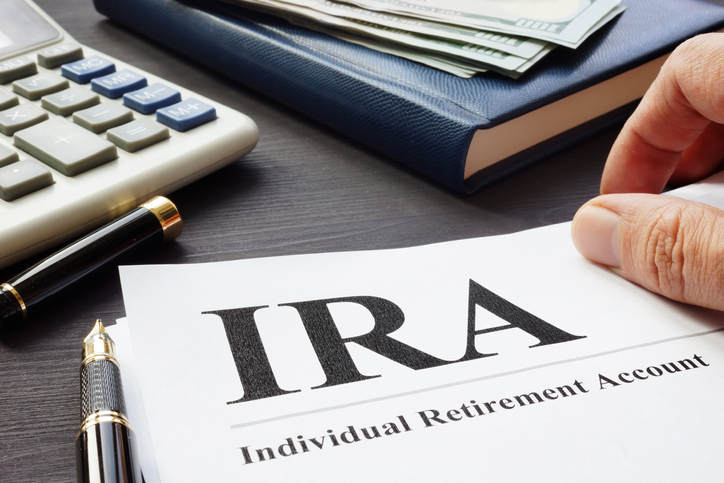.jpg)
In New Jersey, assets acquired during the marriage are subject to equitable distribution. This means bank accounts, investment accounts, business interests, real estate, personal property and retirement accounts could be shared with your spouse. Dividing a bank account is straightforward because you and your spouse could agree to go to the bank, close the joint accounts and share the remaining balances. Similarly, when you sell a home, the net proceeds could be divided at the time of closing. However, the division of retirement accounts require a few extra steps.
When dividing retirement assets most plans, other than IRA plans or State sponsored plans, will require a Qualified Domestic Relations Order (also known as a “QDRO”). A QDRO is an Order filed by the Court that establishes the existence of an alternate payee’s right to receive all or a portion of a plan participant’s retirement plan. The party distributing his/her plan is known as the “plan participant”. The party receiving the benefit is referred to as the “alternate payee”. The alternate payee is typically the spouse or ex-spouse of the plan participant. The QDRO grants the alternate payee retirement funds, and the money may be transferred to an existing or new retirement account in their name. The general provisions of a QDRO will depend on the type of plan to be divided. There are two types of retirement plans: (1) defined benefit plan (such as a pension); and (2) defined contribution plans (such as a 401K or 403(b)).
In most divorce cases, the QDRO is finalized and forwarded to the plan immediately following the entry of the Judgment of Divorce. Marital Settlement Agreements will often include the material terms contained in a QDRO. For example, the Marital Settlement Agreement should identify the spouse who is the alternate payee and the plan participant; the dates to confirm the marital portion subject to division, which is typically the accrued benefit from the date of marriage to the filing date of the Complaint for Divorce; whether there are any loans against the retirement plan and the party responsible for said loan; and whether the alternate payee will be entitled to market gains/losses up to the date of distribution. The inclusion of these terms in a Marital Settlement Agreement could be useful in avoiding post-judgment disputes and provides extra protection in the event either party dies prior to the implementation of the QDRO.
The division of retirement accounts may be complex. If you have any questions regarding the division of assets subject to equitable distribution or any other family law issue, contact the experienced family law attorneys at Cohn Lifland Pearlman Herrmann & Knopf LLP.
